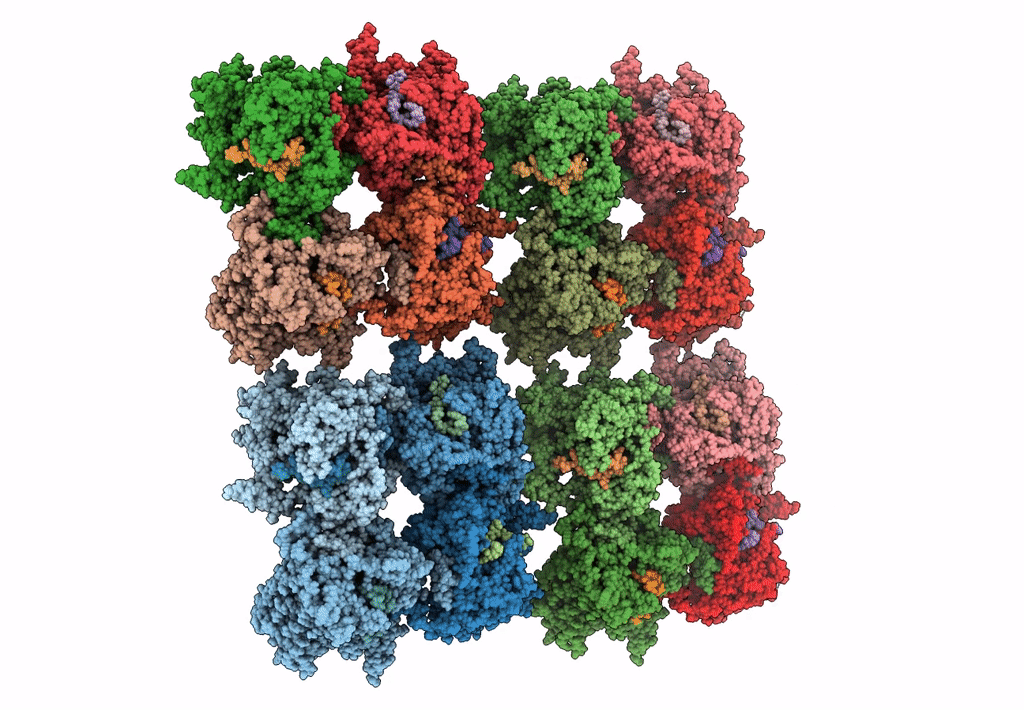
Deposition Date
2023-01-18
Release Date
2023-03-01
Last Version Date
2024-05-01
Entry Detail
Biological Source:
Source Organism(s):
Escherichia coli (strain K12) (Taxon ID: 83333)
Pseudomonas phage PhiPA3 (Taxon ID: 998086)
Pseudomonas phage PhiPA3 (Taxon ID: 998086)
Expression System(s):
Method Details:
Experimental Method:
Resolution:
4.21 Å
Aggregation State:
2D ARRAY
Reconstruction Method:
SINGLE PARTICLE


